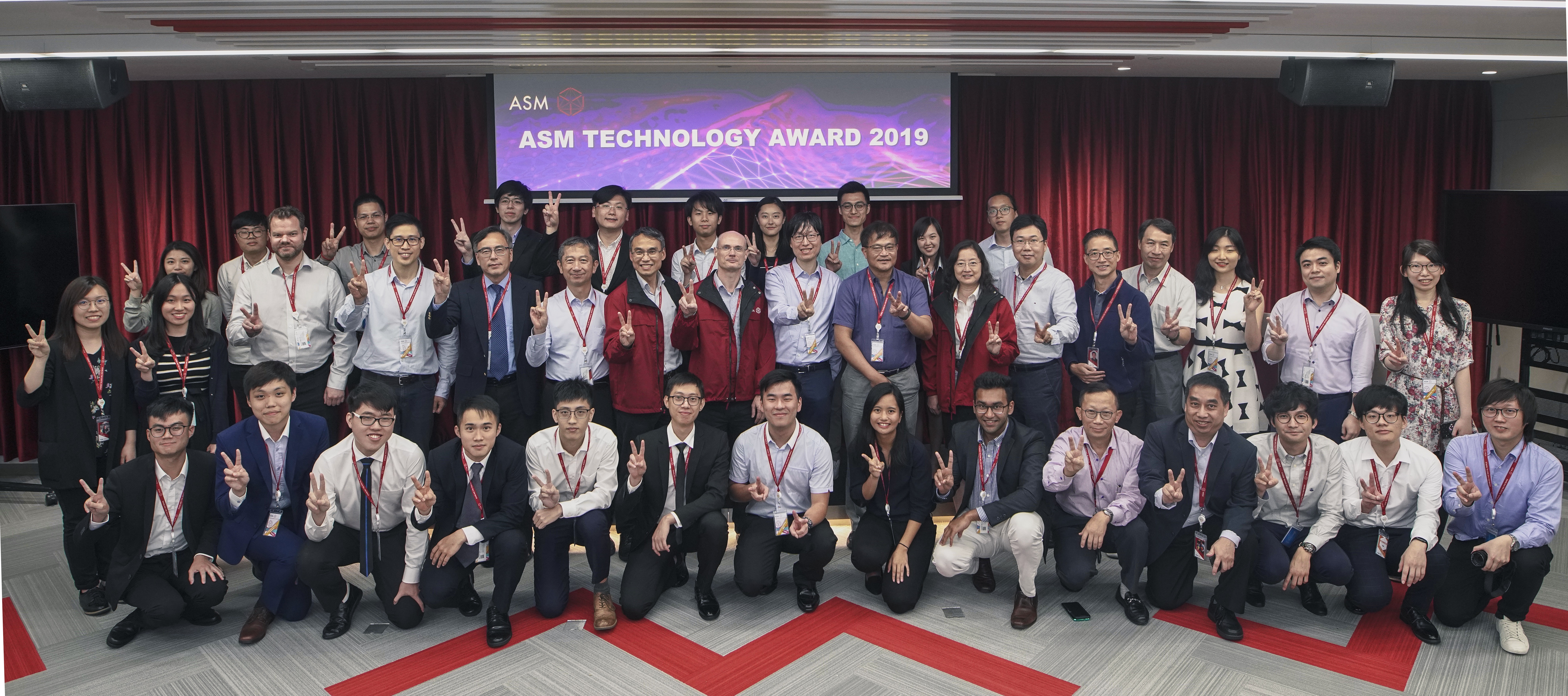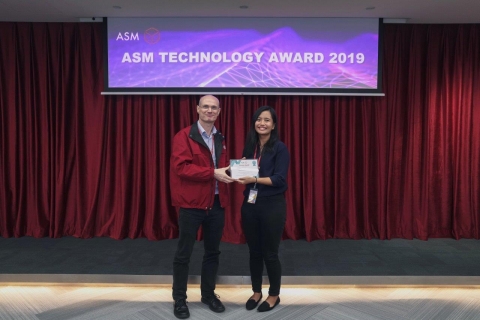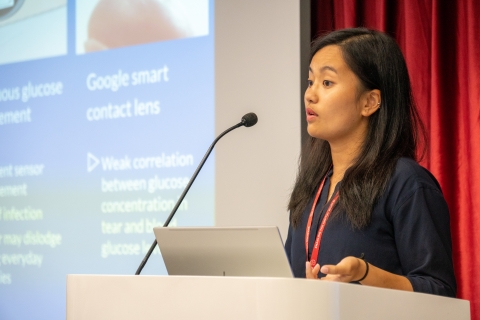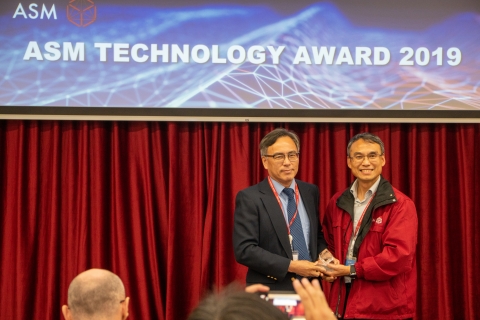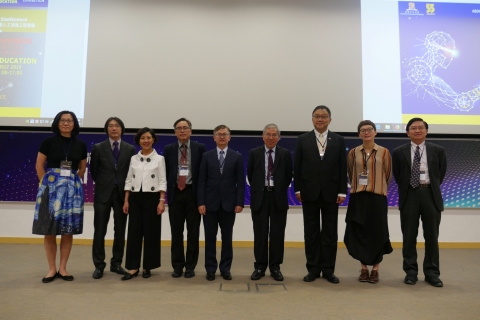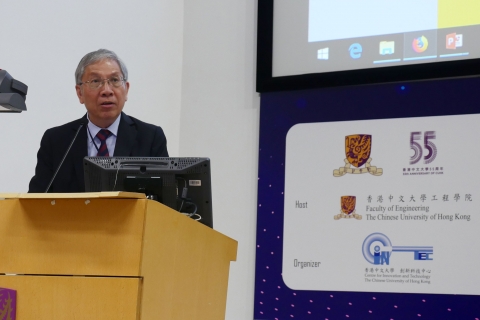Chan In Lam, a biomedical engineering undergraduate student won a Bronze award of Silver Award from the ASM Technology competition 2019 with project titled “A wireless implantable intraocular continuous glucose monitor using near field”. She was supervised by Dr. Marten BRELÉN from the Department of Ophthalmology and Visual Sciences. Launched by ASM Pacific Technology Limited (ASMPT) in 2015, the ASM Technology Award promotes technological innovation in Hong Kong and recognizes students for their accomplishments in technology. About the wining project: Diabetes Mellitus (DM) is a chronic disease caused by insufficient insulin production or a resistance of the body to use insulin. It is an incurable condition with fatal complications which can be minimized by closely monitoring and managing blood glucose levels. Current glucose monitoring systems have several drawbacks which can be overcome by implanting a wireless glucose sensor inside an eye. Several experiments were performed in the project to provide the proof-of-concept for a wireless implantable intraocular sensor using near field communication. The project started with a clinical trial to correlate the glucose concentration in aqueous humor and blood from diabetic patients. Thereafter, a wireless glucometer with a customized NFC antenna was built and validated. Finally, an Android app was developed for communication between the glucometer and a smart phone. The results have convincingly demonstrated the proof-of-concept of implanting a glucose sensor in an eye. Further investigation would be required to test the biocompatibility and dynamic properties on long term glucose sensing in an eye. The ultimate goal of this project is to change the way glucose levels are monitored in diabetic patients by making it more convenient and easier for them to manage their disease. The improved monitoring will allow better glucose control, which will prolong the life of patients and reduce the burden of their disease.
|
|


